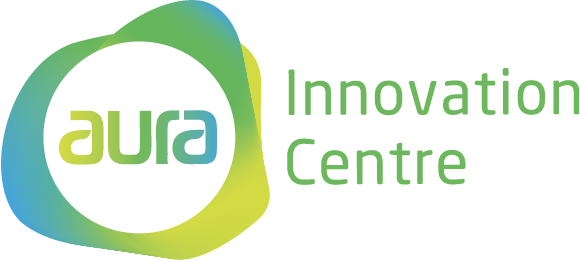Educating children about the gift of life
Part funded by
Delivered by
Supported by
Educating children about the gift of life
If the worst were to happen tomorrow, would your family know your wishes around organ donation? It’s a difficult conversation to have, and one that many people put off – but hundreds of transplant opportunities don’t happen due to uncertainty. The Aura Innovation Centre has now given Hull nurses the tools to help young people understand how precious the gift of life is.

THE CHALLENGE
PROJECT PARTNERS:

A real conversation stopper
Do you know your loved ones’ opinions on organ donation? It’s a complex issue, and many people prefer not to think about it, but every year hundreds of opportunities for transplants are missed because families aren’t sure what to do.
Education is so important around this subject, and that’s now being recognised as blood, organ and stem cell donation have recently become part of the school PSHE curriculum for young people in Key Stages 3 & 4.
Explaining such a complicated and emotive subject to young people is difficult, and the specialist nurses in organ donation who work at Hull Royal Infirmary and Castle Hill Hospital have to rely on traditional tools such as images and films to engage their audience.
To properly involve the young people in the subject, the nurses would love something more hands-on, that can really explain how the organs fit together, and what they’re like. Luckily, the Aura Innovation Centre is on call, with the equipment and expertise to grant their wish.
THE SOLUTION
PROJECT LEAD:
A heart-to-heart talk
The organ donation team wanted something more visually engaging to use in their teaching sessions – something young people can look at, touch and feel.
Ideally, they needed a life-sized 3D interactive torso, with removable organs that can be taken out and handled by the children.
They required something bespoke, as there is nothing already on the market that meets their needs. They wanted a transparent torso, so that the students could see how the organs fit together, and organs of varying textures, so that people can feel how the organs vary.
The Aura Innovation Centre’s 3D printers created plastic models in numerous consistencies and colours, using elastomers and different printing methods, meaning the organs are highly visible in the torso and very tactile.
THE RESULT
Leave them certain
The 3D torso has revolutionised the way the specialist nurses can explain organ donation to young people, and encourages families to have these important conversations.
Fay Turner, Specialist Nurse in Organ Donation, said: “We’re very grateful to the team at Aura who worked with our specifications to create this fabulous teaching tool to support our education work.
“It will encourage organ donation conversations across the generations and really press home the ‘leave them certain’ message.
“Previously, we have had to rely on videos and photographs but our new teaching tool will encourage the students to take out the organs, feel what they’re like and understand how each one functions.
“It will provide students with valuable hands-on learning so they can understand exactly how important our organs are – and, therefore, why we need organ donation to save people’s lives.”

